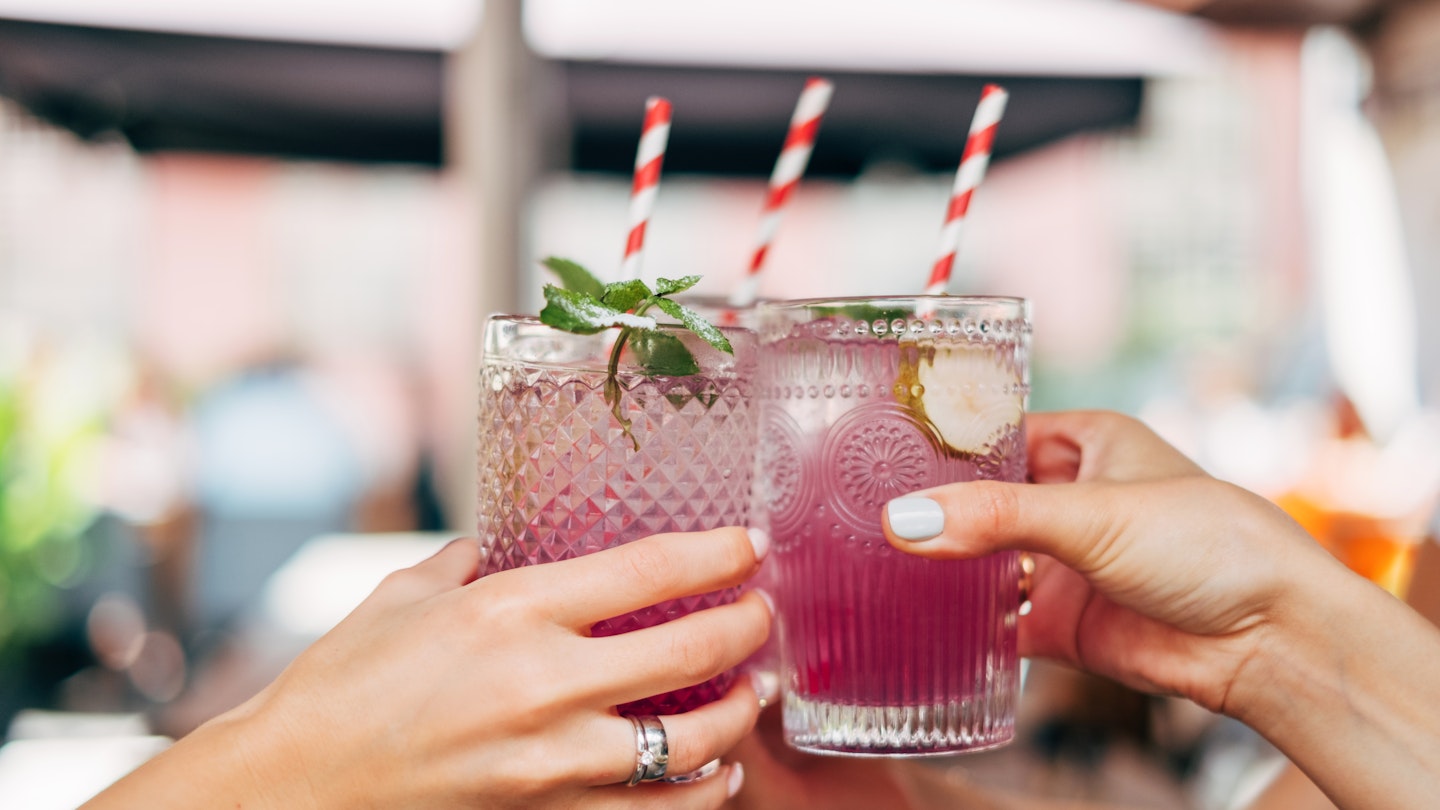‘Does anyone actually only have a few drinks when they go out saying that?’, asks Beth, 28, a HR manager from Manchester, ‘I always end up bladdered eating pizza in bed at 4am. It’s part of the fun.’
Beth isn’t alone, in fact, the answer to her question seems to be no if we’re going by a new study from The Global Drug Survey. According to their research, the UK is the most commonly drunk nation out of 36 countries across the world. On average, Britons get drunk 51.1 times in a 12-month period, so almost once a week.
Closely followed by the US, whose average respondent got drunk 50 times a year and Canada (48), the lowest rate of drunkenness was in Chile, where people get drunk 16 times a year on average. The study, which surveys more than 120,000 substance-users across the world has raised serious concerns about our drinking culture in the UK.
‘In the UK we don’t tend to do moderation, we end up getting drunk as the point of the evening,’ said Professor Adam Winstock, founder of the Global Drug Survey, ‘Until culture changes and we become more European and moderate in our drinking, we might have to bite the bullet and think about how to advise people to get drunk drinking less.
According to his guidance, our conversations around drinking alcohol must move beyond encouraging people to simply abstain. Currently, advice from the NHS states there is no level of drinking that is safe, but limits people to 14 units of alcohol a week on a regular basis – which for reference is about seven medium glasses of wine.
‘We get told too much is bad, and it is, but current guidelines fail to accept the pleasure of intoxication,’ he continued, ‘and give little guide on the difference between being a little drunk and a lot drunk, and doing it three to four times a year versus weekly. We need to have that conversation.’
It might sound like a Gen Z problem, as popular culture would have us believe we all only binge drink in our 20s and then settle down to the odd glass of wine in our 30s. But realistically, we know that isn’t true. In fact, our own investigation into the drinking habits of 20-something-women versus 30-something-women proved that it’s easy for the units to unconsciously add-up when most of our social lives revolve around drinking, no matter what our age.
Even more than that, a study by University College London last year found that more 16-24-year olds than ever class themselves as ‘non-drinkers’, with the rate of binge drinking in young people reducing from 43% to 28% in 2018 compared to 2005.
Essentially, our miseducation about drinking knows no age-limit, and for those who do drink – no matter what their generation – we clearly don’t know when enough is enough. ‘Even when I’m just going out to dinner with my mum we’ll end up finishing off a couple of bottles of wine,’ says Heather, 32, from Essex, ‘when you’re having a good time, you’re almost absent-minded about what you’re actually doing.’
It’s true that more often than not, no matter what the situation, when you’re socialising it’s rare not to have a drink in your hand – almost like a safety blanket. In fact, for Beth, she see’s holding a drink as a comfort for the everyday stress of socialising in public. ‘It sounds stupid but I don’t know what to do with my hands when I’m not holding a drink,’ she says, ‘I don’t need to drink it to get drunk necessarily, but I do need something to do if I feel awkward or if I start to get bored.’
So, is it our every-increasingly awkwardness around social norms that contributes to the outcome of getting drunk when socialising, even if it wasn’t your intention? ‘Oh, I definitely drink when I’m uncomfortable, and I drink before any social event just to ease any stress about making conversation,’ says Heather, ‘I do also drink to get drunk and have fun but I’ve definitely been guilty of getting a bit too merry before going out to meet someone for actual drinks.’
It begs the question, are we actually drinking to celebrate our lives, or just to ease our own discomfort at conversing - or God forbid dancing - sober? If that is the case, and we’re all drinking so absent mindedly with no real fear of long-term health consequences, it’s no wonder so many of us can’t tell the difference between getting a bit drunk or a lot drunk.
Click through for the best alcohol-free drinks to try if you want to cut back...
The Debrief Alcohol-Free Drinks Slider
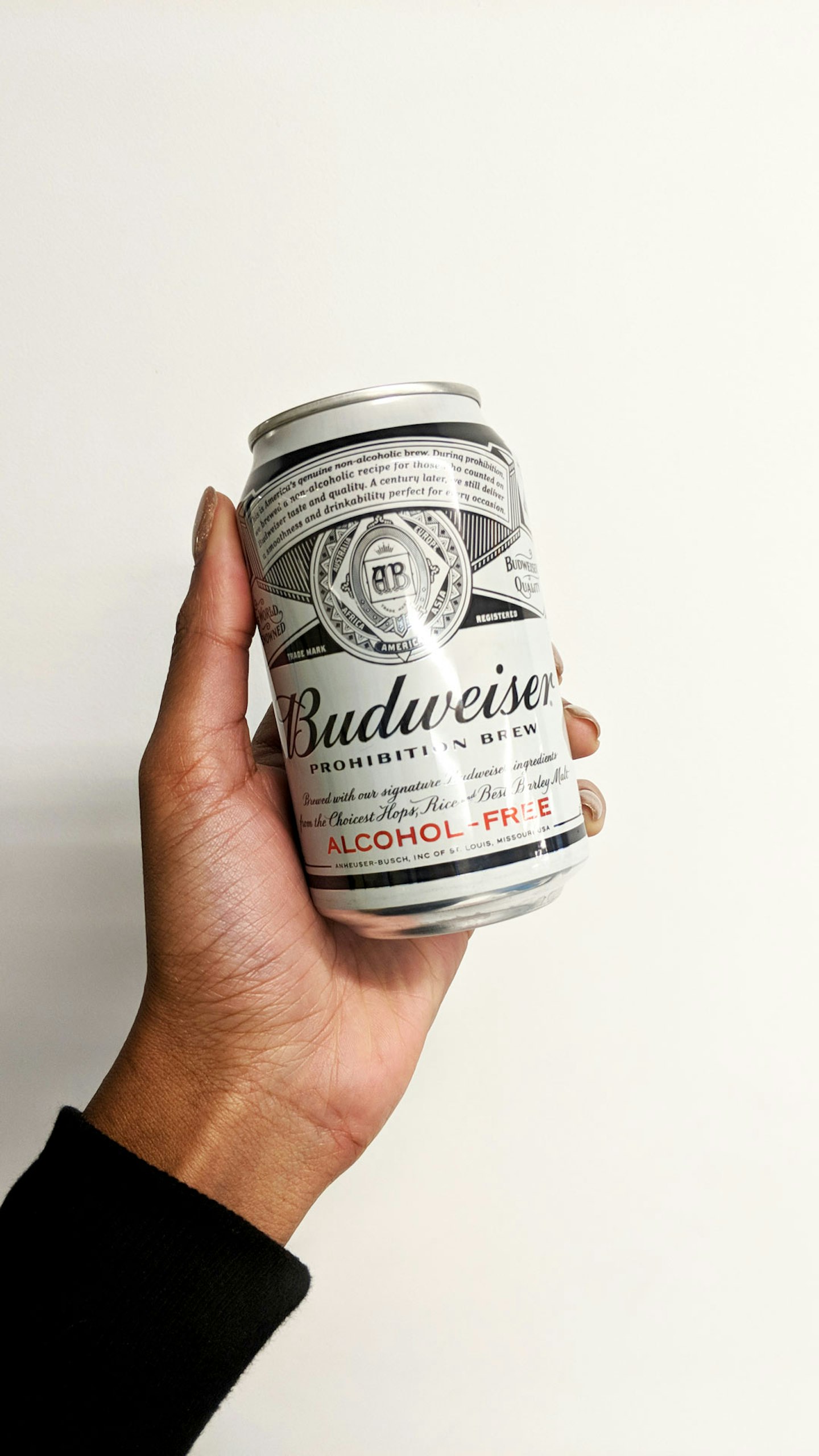 1 of 7
1 of 7Alcohol-Free Budweiser
Smells like a Bud, tastes like a Bud, comes with a can. We'd say this is top of the 'how to pretend your drinking when you don't want to drink' pecking order.
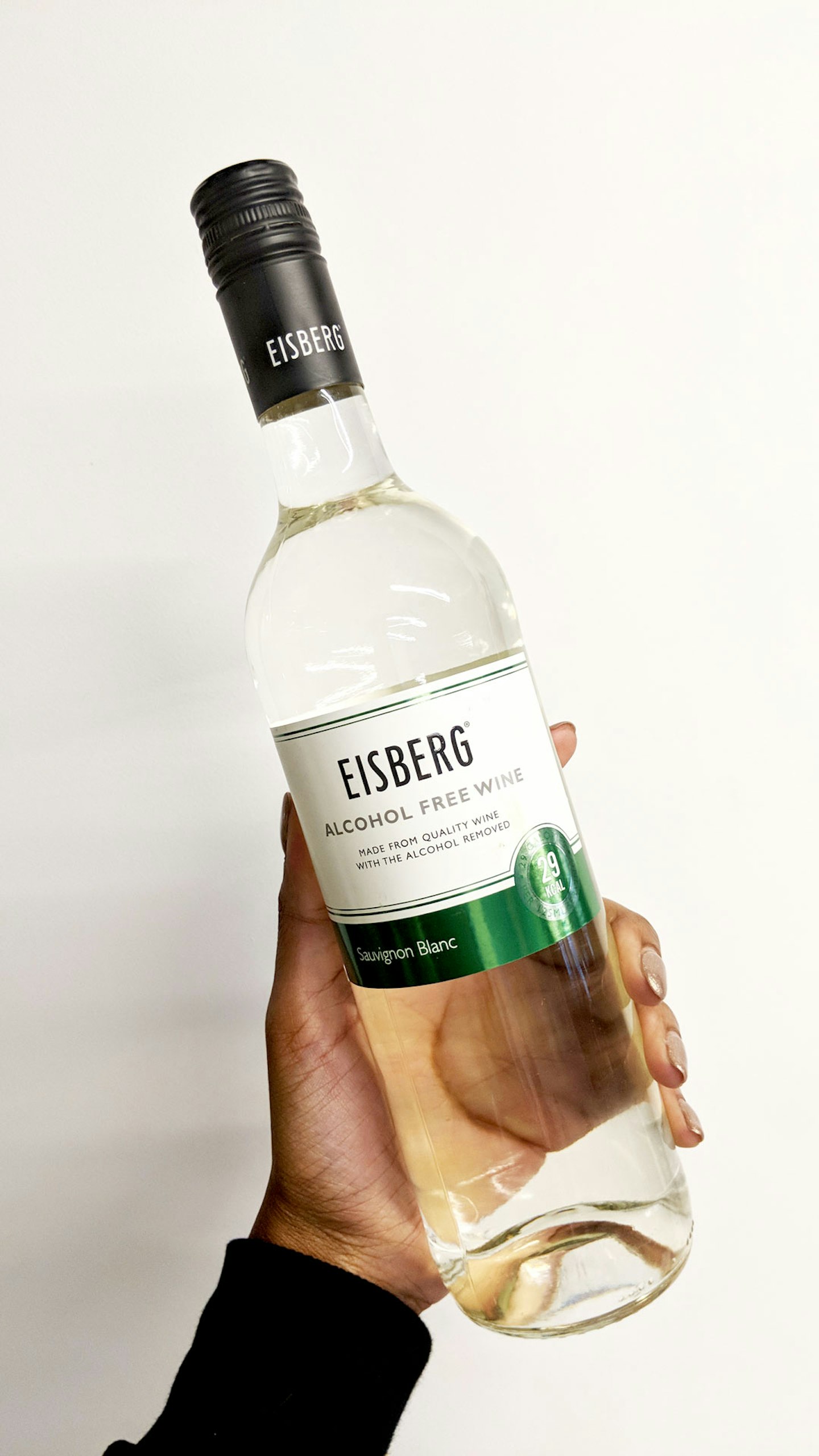 2 of 7
2 of 7Alcohol-Free Eisberg White Wine
A Sauvignon Blanc not as you know it but it's not *all *that far off. Unless you're a proper wine connoisseur... then you probably won't be into it at all. But it smells very grape-y which is as about as close to a white wine as you get in this game.
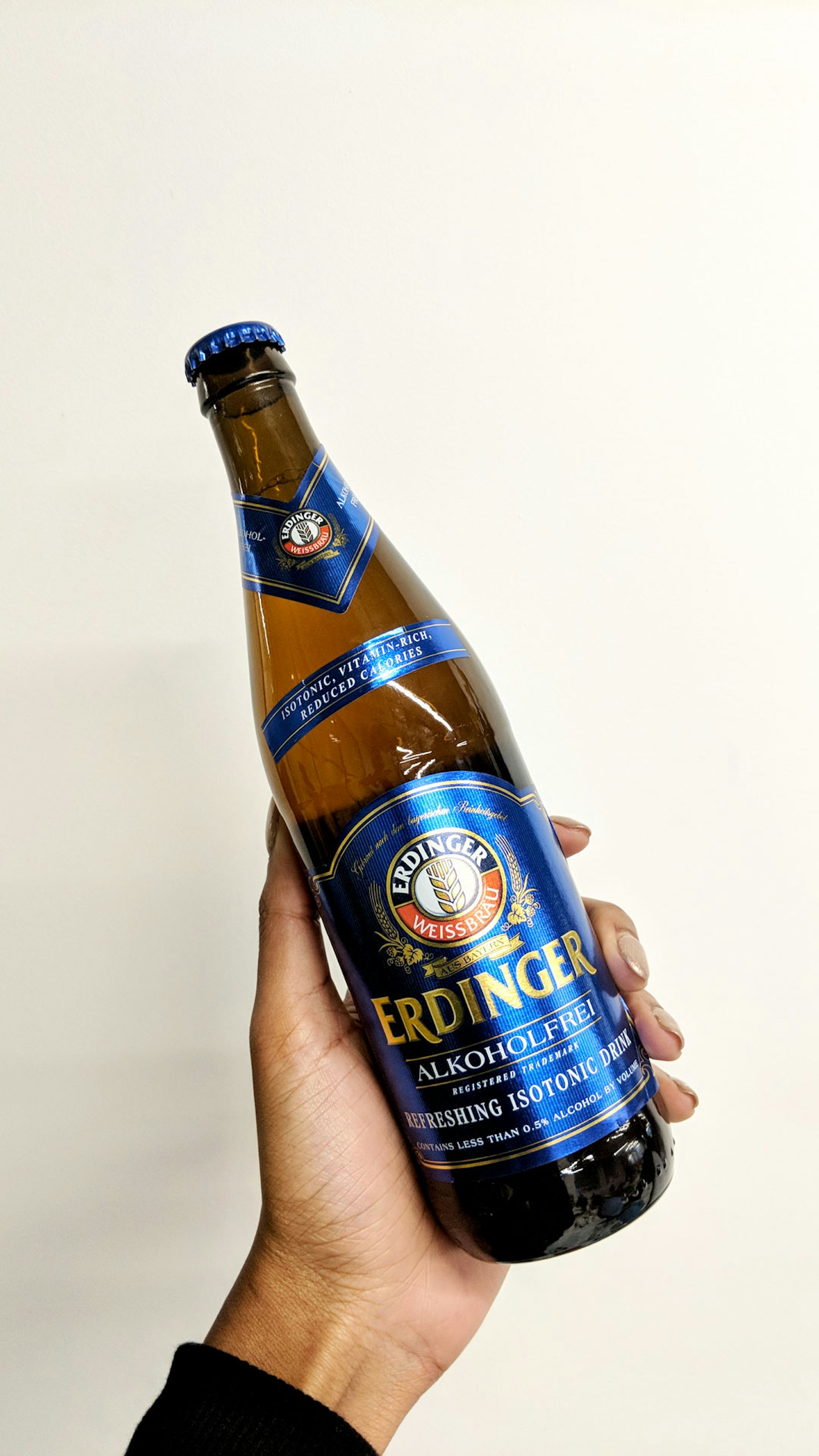 3 of 7
3 of 7Alcohol-Free Erdinger Wheat Beer
As soon as we popped the lid on this one it smelt like a pub, so if you're into full sensory drinking go for this guy here. Pours with a generous head if that's how you like your beers but don't try it luke warm. It's not pleasant at all.
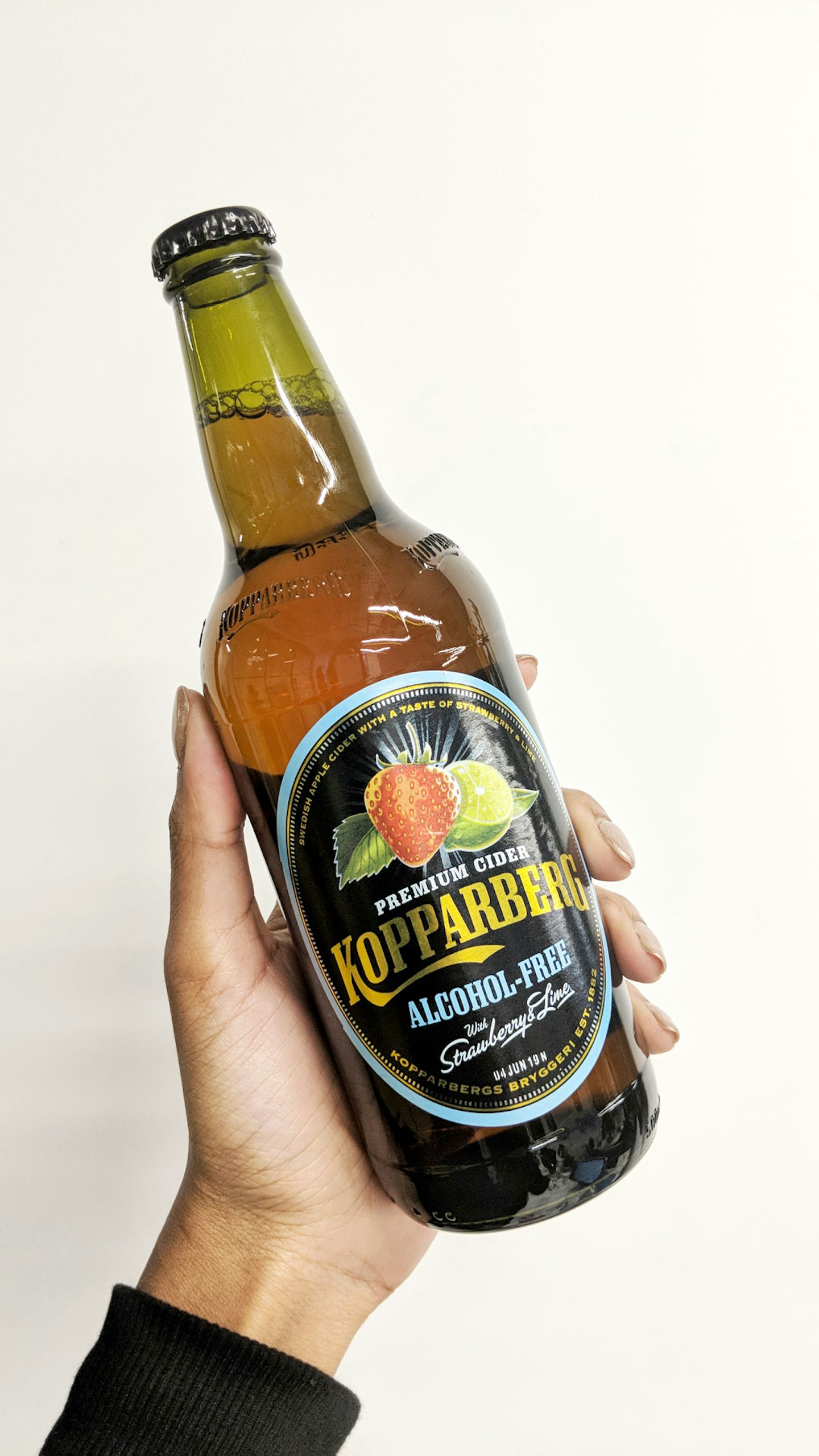 4 of 7
4 of 7Alcohol-Free Kopparberg
Oh hey there sugary-sweet cider of our younger years. Honestly, I'd struggle to tell the difference between this one and the boozy alternative which, for these purposes, is a good thing. Teeth will probably feel a bit furry by the time you finish the bottle, though.
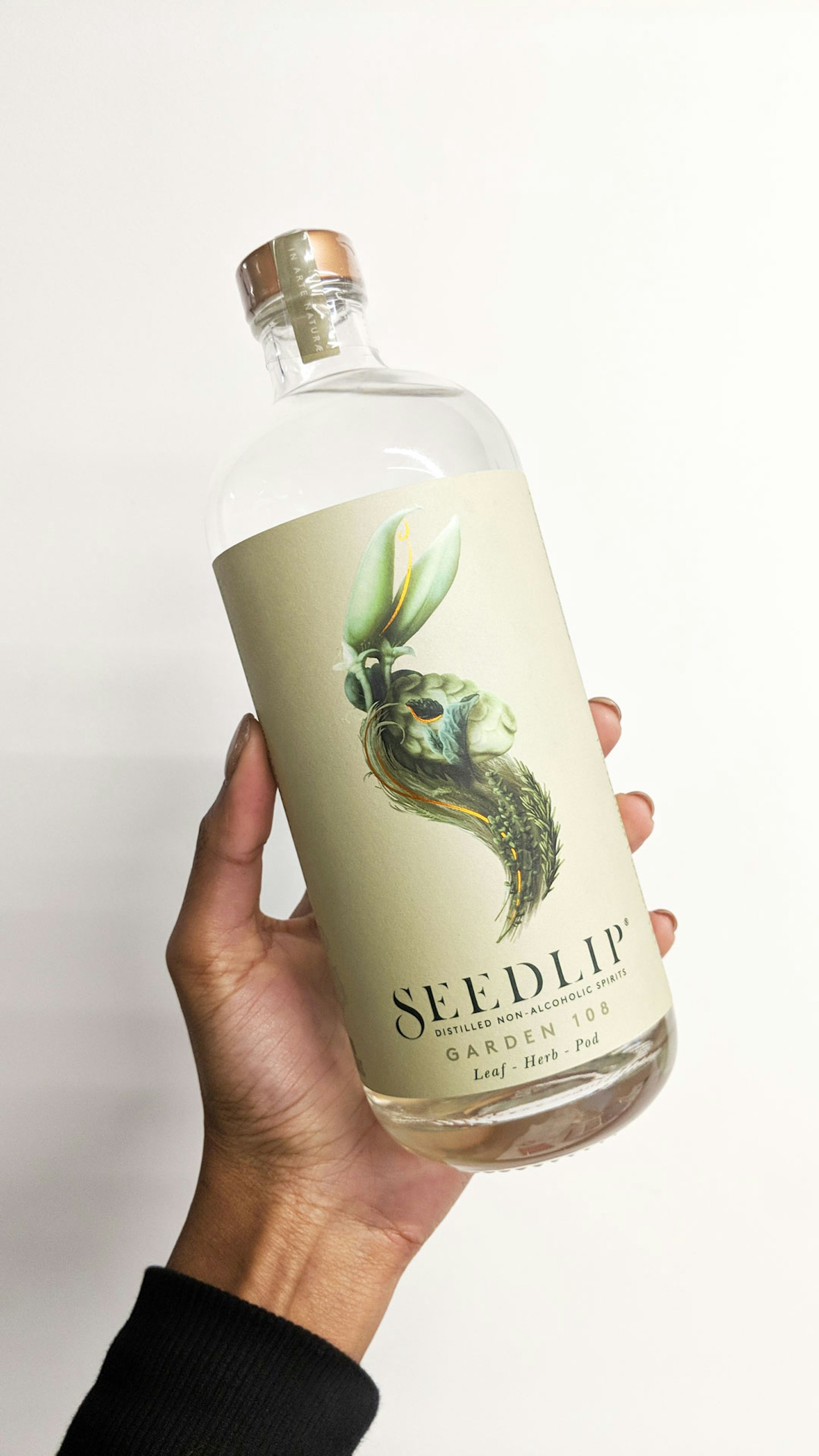 5 of 7
5 of 7Alcohol-Free Seedlp 'Spirit'
Here we have the world's first distilled alcohol-free spirit. As for which spirit it's meant to be, we're not sure. But it's made from peas (and smells like peas) but doens't taste half bad with some lemonade and/or orange juice.
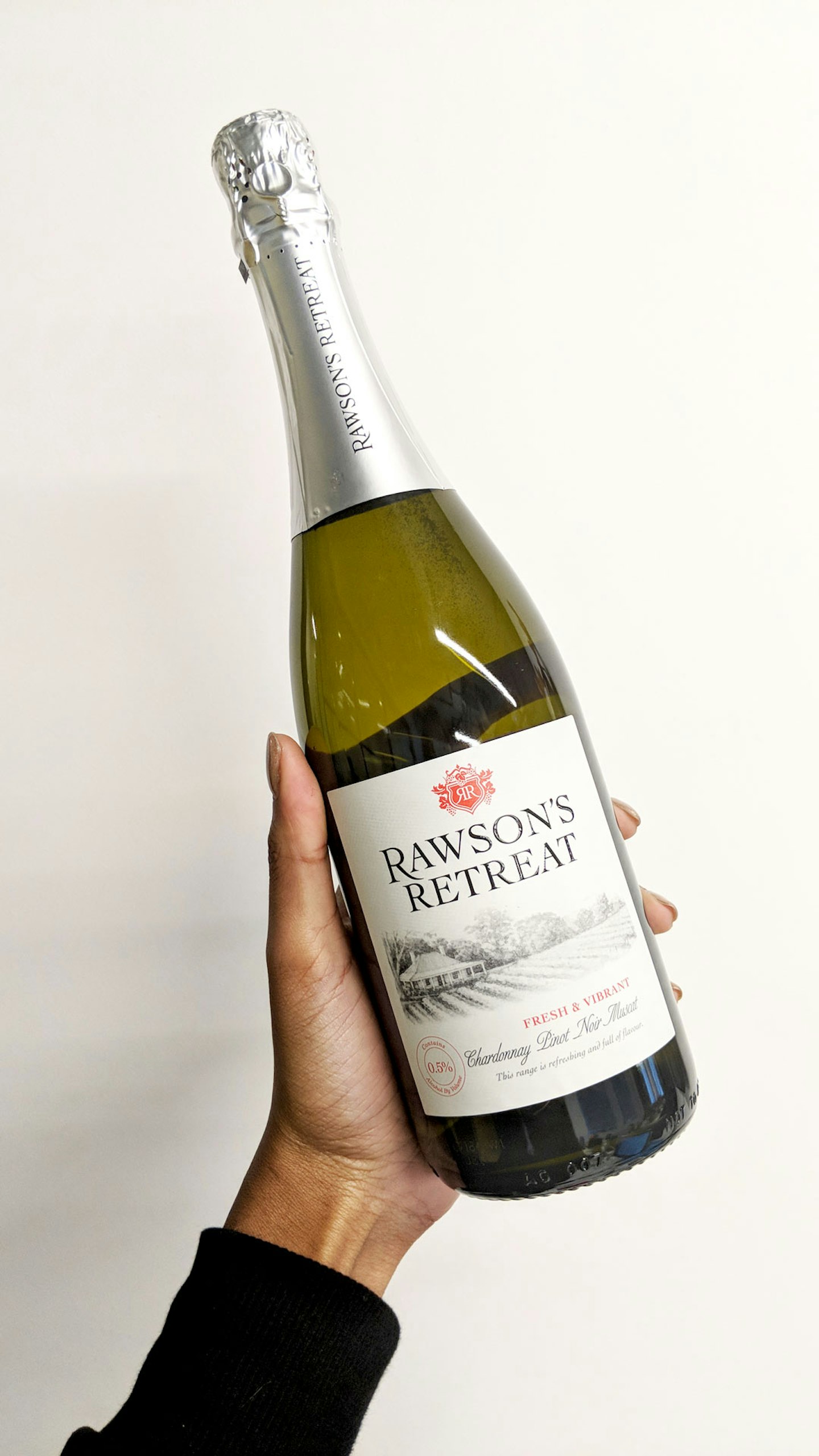 6 of 7
6 of 7Alcohol-Free Rawsons Retreat Sparlking Chardonnay
I'm very sorry to say that we struggled to find a precise prosecco alternative. And technically this bottle of bubbles is 0.5% alcohol but we're pretty sure that doesn't really count... right?
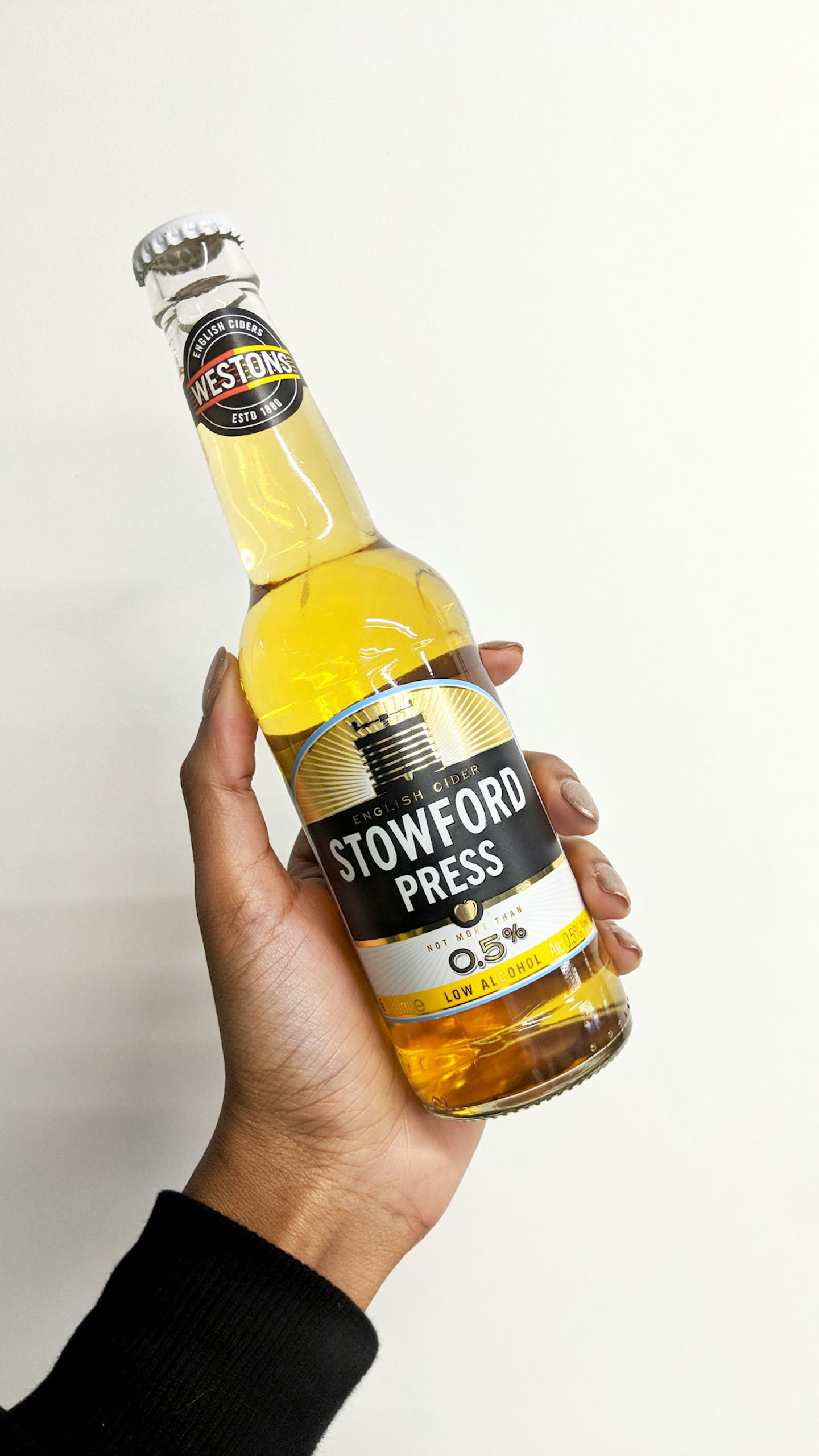 7 of 7
7 of 7Alcohol-Free Stowford Press Cider
Smells like a barrel of cider alright! And it really does taste pretty close to a pint of the alcoholic stuff that one rogue mate insists on ordering from the local pub.
‘In British culture we tend to drink when we are happy and drink when we are sad,’ says Counselling Directory member, Dr. Sarah Jane Khalid, a psychologist and life coach, ‘It is almost part of what defines us Brits.
But the reality is, what ‘defines us’ as Brits has huge long-term health consequences for both our physical and mental health. ‘Alcohol alters brain chemistry and it is a depressant,’ Dr. Khalid continues, ‘It can disrupt the balance of thoughts, feelings and actions. It can also make people feel more aggressive, especially if the person is already in a negative state. Alcohol impacts neurotransmitter pathways which can also lead to long-term anxiety and stress. These all impact sleep and can lead to low mood, not to mention the hangover.’
In 2017, the NHS reported that alcohol-specific deaths had increased by 16% since 2007, and there were near 350,000 alcohol-related hospital admissions in 2017/18. With over 60 medical-conditions that attribute alcohol as a causal factor, from various types of cancer to high blood pressure, it’s clear that our culture of drinking in the UK isn’t quite as harmless as having those few extra drinks on a night out seems.
Can we learn to dial it down though, and still enjoy socialising with moderate drinking? ‘I do think I’d have just as much fun [not drinking as much],’ says Beth, ‘because realistically all those extra drinks do is make you sloppy and give you a worse hangover.
‘I could probably halve the amount I drink on a night out and still stay out dancing,’ she continued, ‘maybe then I’d not need an entire pizza at 4am too.’
To be honest, if not drinking that extra gin and tonic means you’ll have more pizza for breakfast the next day, maybe it's something to consider...
